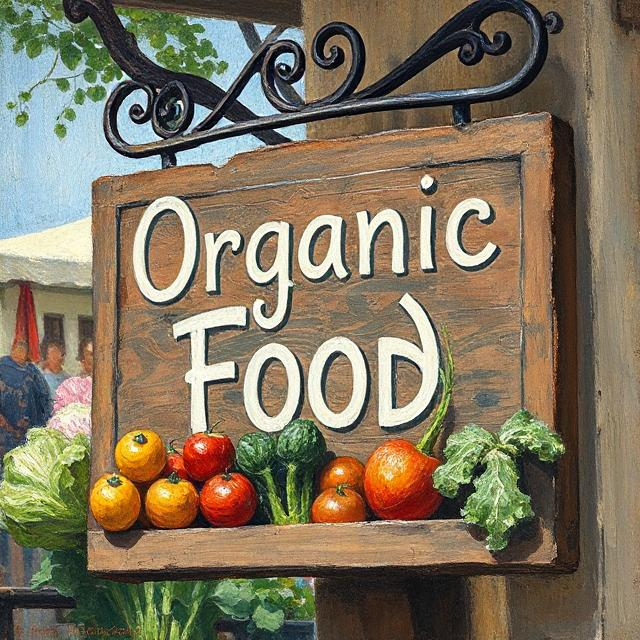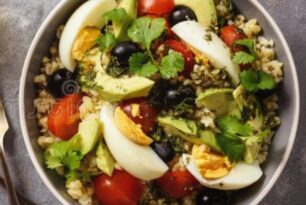The Organic Foods aisle: land of leafy greens, ethically-sourced quinoa, and the occasional sticker shock that makes even your blood pressure do a double take.
For older adults and those managing obesity, this part of the supermarket can be a minefield of marketing, mystery labels, and mislabeled health halos. But don’t worry—we’re here to help you navigate the aisles with your brain and budget intact.
Not Everything Organic Is Automatically Healthy
Just because a cookie wears the word “organic” like a badge of honor doesn’t mean it’s good for you. That gluten-free, Himalayan-salt-sprinkled, cacao-nibbed brownie might still pack the sugar content of a vending machine.
Watch out for:
- Organic chips, cookies, and candies that are still high in sugar and fat
- “Healthy” frozen meals that contain sky-high sodium
- Juice blends that are basically sugar bombs in disguise
Read the nutrition label like it’s the last chapter of a mystery novel—you’ll find all the plot twists there.
Produce Perils: Organic vs. Budget-Friendly
Organic fruits and veggies can be great—less pesticide exposure is a bonus, especially for older adults with weakened immune systems. But do you need to buy everything organic?
Not really.
Stick to organic for:
- Strawberries
- Spinach
- Apples
- Peppers
These are part of the “Dirty Dozen” (the produce most exposed to pesticides).
Save your money on:
- Avocados
- Onions
- Cabbage
- Melons
These are on the “Clean Fifteen” list and are typically low in pesticide residue even when conventionally grown.
Avocado toast doesn’t need to cost $12. Buy smart.
Organic Meats & Dairy: Know Your Limits
For seniors and people with heart or weight concerns, “organic” meat isn’t a green light to go wild. Yes, the animals may have eaten better than we did in college, but it’s still meat—calories, cholesterol, and all.
What to watch for:
- Organic doesn’t mean lean
- Cheese is still high in fat and sodium—organic or not
- Grass-fed beef is a step up, but moderation matters
Organic cow or not, it’s still best not to turn every meal into a meat parade.
Sneaky Oils and Dressings
That $8 organic salad dressing? Might be organic, but also might be 150 calories per tablespoon. (Yes, tablespoon.)
Look out for:
- “Cold-pressed,” “unrefined,” and “expeller-pressed” sounding fancy but delivering fats galore
- Hidden sugars in organic vinaigrettes
- Coconut oil, which can raise cholesterol despite being natural
Your salad doesn’t need to be swimming in “extra-virgin unicorn oil.”
Don’t Be Fooled by Fancy Fonts and Earth-Toned Packaging
If the packaging has leaves, cursive fonts, and a drawing of a barn on it, take a breath and flip it over. Read the label, not the lifestyle branding.
If it takes three syllables to say “cookie,” you still need to eat it like a treat—not a vitamin.
Organic foods can be part of a healthy diet, especially for elderly individuals managing chronic conditions or people trying to lose weight. But remember: organic sugar is still sugar, and organic junk food is still junk food—just wearing fancier pants.
Organic doesn’t mean automatic health. Especially for older adults and those with weight concerns, label literacy is key. Don’t fall for the kale-colored hype—read smart, shop smarter, and keep your pantry practical.




